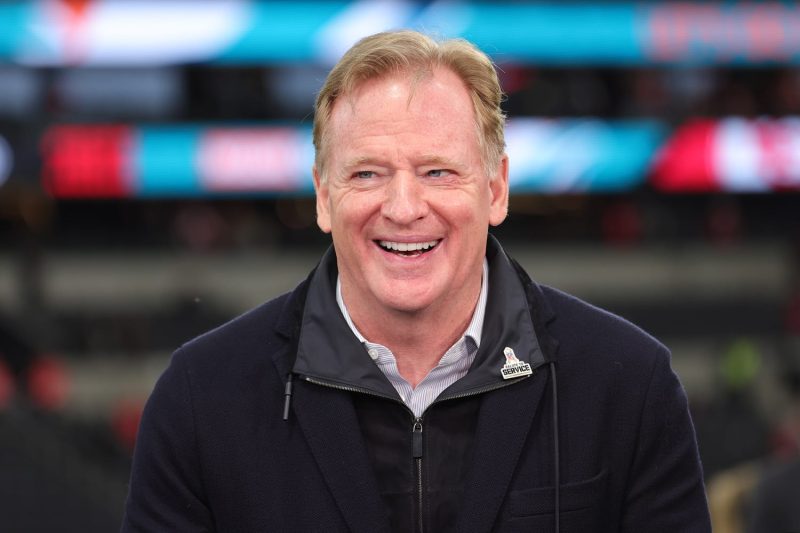In a bold move that could significantly alter the landscape of professional sports ownership, Commissioner Roger Goodell of the National Football League (NFL) recently announced that the league is open to the idea of private equity firms owning up to 10% of a team. This potential shift in ownership structure has sparked a spirited debate among fans, analysts, and industry insiders.
One of the primary arguments in favor of private equity ownership is the infusion of fresh capital into NFL teams. Private equity firms typically have deep pockets and access to substantial financial resources, which could help struggling teams improve their facilities, sign high-quality players, and enhance the overall fan experience. Additionally, private equity ownership could provide a much-needed boost to teams in smaller markets that may struggle to compete financially with their larger counterparts.
However, critics of the proposal raise several valid concerns. One major worry is the potential for private equity firms to prioritize short-term profits over the long-term success and stability of the team. Private equity investors are known for their aggressive pursuit of returns on their investments, which could clash with the traditional values of sports ownership, such as a deep commitment to the community and the preservation of the team’s legacy.
Moreover, the introduction of private equity ownership could lead to conflicts of interest and a lack of transparency in decision-making. Private equity firms are driven by the pursuit of profit, which may not always align with the best interests of the team, its fans, or the broader community. There is also the risk of private equity owners exerting undue influence on team operations, potentially leading to a loss of autonomy for the team’s traditional owners.
In conclusion, while the prospect of private equity ownership in NFL teams may offer exciting new opportunities for financial growth and competitiveness, it also raises important questions about the potential impact on the values and culture of the league. As the NFL considers this groundbreaking proposal, it must carefully weigh the benefits and risks of private equity ownership to ensure that the integrity and spirit of the game are preserved for future generations of fans.
